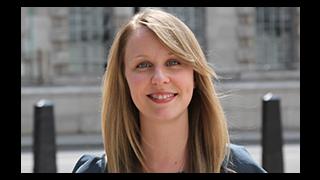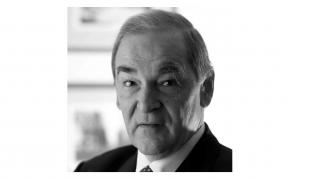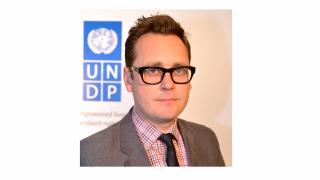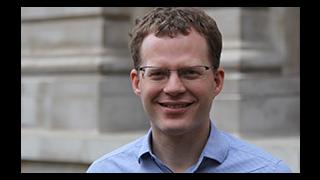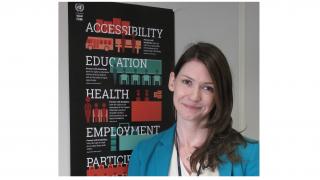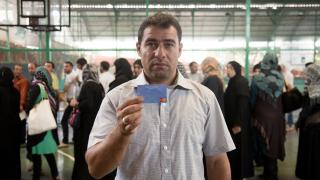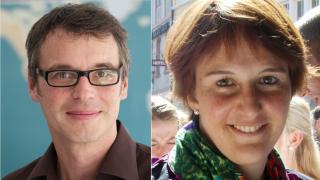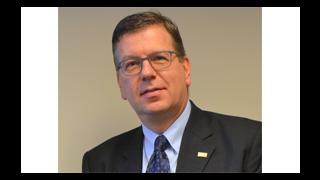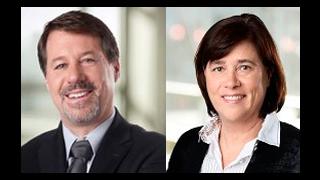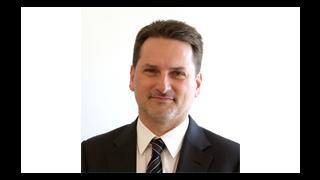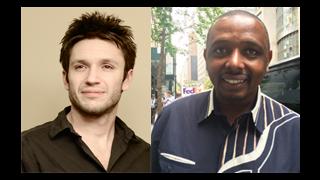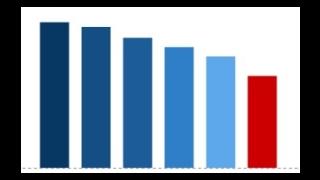
I like the story I heard recently from Donald Kaberuka of the African Development Bank, who quoted a Senegalese taxi driver exclaiming: “I can’t eat GDP!” Many ordinary people across the world will recognise this sentiment. A growing economy may be celebrated; but not when the spoils of growth are ever more concentrated into the hands of the richest few.
Extreme economic inequality is spiralling out of control across the globe. In January, Oxfam calculated that just 80 people have the same wealth as the poorest half of the planet. This is manifestly unjust, and it also works against our aim of ending poverty. In many economies where there is strong GDP growth, inequality can undermine the link between growth and poverty reduction. Zambia, for instance, is one of the 10 fastest growing economies in the world, and yet poverty there has actually risen at the same time.
A rise in economic inequality is also a serious blow to efforts to achieve gender equality. Studies show that in more economically unequal societies, fewer women complete higher education, fewer women are represented in the legislature, and the pay gap between women and men is wider.
If governments care about ending poverty they must focus on a two-pronged approach: challenge the system that allows runaway wealth for a handful of people; and devise policies that reduce the inequality gap and increase economic opportunity and prosperity for those in greatest poverty.
They are often two sides of the same coin. Without progressive and effective taxation, a country is allowing private wealth to amass but also losing an important resource base to tackle poverty. Where free and good quality public healthcare or education is not universal, it stands to reason that those who can pay to be healthy and educated will do better. Without basic social protection, or effective labour laws, people are denied the right to demand fair pay and conditions from their employers (who go on to pay themselves and their shareholders vast sums).
For decades it has been advocated that we can deal with poverty simply by concentrating on moving those at the bottom up, and helping particular groups, such as women. This is inadequate, and the reason has to do with power: money no longer just buys a nice car, better education or healthcare. Increasingly, it buys impunity from justice, an election, a pliant media or favourable laws. This in turn leads to a perpetuation of policies that allow vast wealth to be accumulated by a small minority, and that increase economic inequality and therefore mean that poverty persists.
The UN’s draft set of Sustainable Development Goals (SDGs) includes a commitment to tackle economic inequality. It may not be formulated in the most robust way, but it is good news that all governments are on the verge of agreeing that inequality within countries matters and must be addressed.
How we do this will vary from economy to economy, but we are not short of analysis, examples or ideas to draw on. Professor Nora Lustig and her team at the Commitment to Equity programme are collecting compelling data on the impact of taxation and social spending on inequality. Their research underlines the need for spending on social security, health and education. But it also shows that the way in which the money is raised is vital: progressive, direct taxation does much more to reduce both inequality and poverty than indirect taxes like VAT.
We must also ensure that tax revenues can be gained from the multinationals and rich individuals who are currently able to avoid paying a fair share. We need to reform global tax rules and Oxfam is very supportive of the call from the G77 countries for a new intergovernmental body on tax, which we hope will be discussed at the Financing for Development Conference in July.
Brazil is another interesting example, as reducing inequality there relied on more than the impressive Bolsa Familia cash transfer programme; it also required positive government action to make employment pay. Brazil’s minimum wage rose by nearly 50 per cent in real terms between 1995 and 2011, contributing to a parallel decline in poverty and inequality.
The new SDGs must leave no one behind. We can do this; the tools are there. But to use them we must be prepared to stand up to some powerful interests and voices. My hope for the future is that, when politicians celebrate GDP, this success can be shared by all, and that Kaberuka’s taxi driver will see it lead to more food on his family’s plate.
Winnie Byanyima is Executive Director of Oxfam International

